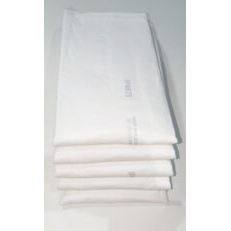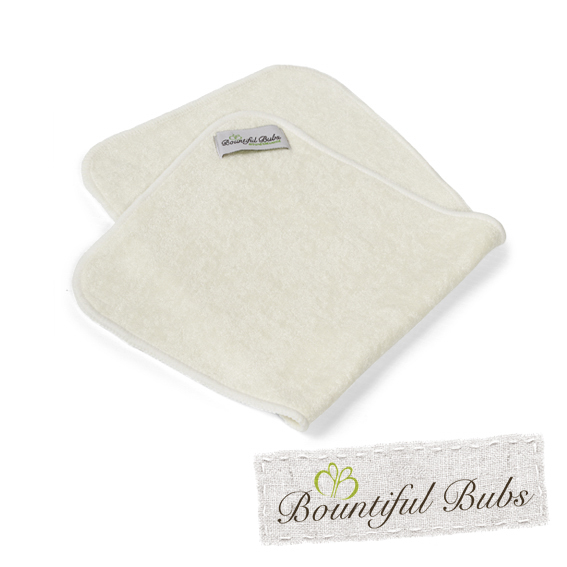- Ships worldwide
- +61 (0)429 668 845
- [email protected]
What is natural child birth?
In the world of pregnancy and birth, the terms “natural birth” and “natural childbirth” are frequently used.

What do they mean by natural birth?
Generally, natural birth refers to vaginal childbirth without medical interventions.
But there is a lot of nuance, and a lot is open to interpretation with this definition. It’s not just semantics either, because many women are strongly impacted in their decision and emotions by the language around birth.
Medical interventions
Firstly, whether an intervention is medical or not isn’t straightforward. There are some more obvious examples, like Caesarean sections, which are medical interventions. But the line can be blurred…
For instance, in late pregnancy a woman with a breech baby may choose to have an external cephalic version, a procedure performed by a doctor or midwife to try to reposition the baby. Is it a medical intervention because of the setting in which it’s performed, or because of the person performing the procedure? Is it non-medical because it is purely external? And how the procedure differ from more “natural” repositioning attempts, such as massage, Spinning Babies exercises, or certain yoga postures?
Natural Interventions
This also brings up an important point about interventions. Many people would say that a birth intervention is anything that influences the course of the labour or birth… but not everyone includes some common “natural” interventions in this category. For example, in late pregnancy some women consume dates to try to “naturally” induce labour. Is this an intervention? Does it make childbirth any less natural?
Questions like these may just seem like brain exercises or things to ponder. But they have very real implications for women, especially their perception of birth and their decision making around birth.
The rise of home births and water births
Nowadays in western society, we are seeing more of an interest from women in a return to natural birth after many decades of the medicalisation of birth. There are many women who are proactively seeking settings where they will be supported to have a natural birth, and we are seeing an ongoing interest in homebirth, water birthing (aka aqua birth) and free birthing.
But when the lines are blurred, is it clear what women are asking for? When hospital protocol says natural birth is one thing, and a birthing woman believes it to be something else, how does this impact on a woman’s birthing experience?
Does unnatural birth exist?
The term “natural birth” also creates an interesting duality. If natural birth exists, then does unnatural birth exist? Often the word “unnatural” has negative connotations: something fake, that isn’t supposed to happen, or something less than. For women who do not have vaginal birth free from medical intervention, there is an emotional impact at a vulnerable time with birth terminology like this.
Water birthing without medical intervention
We’re not advocating for a stop to the phrase “natural birth”, but it is important that we acknowledge the complexity and impact of the language around birth. We ourselves want to support women who want a natural birth by providing access to water during labour and birth, as evidence shows that labouring and birthing in water increases the chances of having a natural birth – but! all birth is beautiful. All birth is important and valued. To learn more about what water birth feels like follow this link.
More stories
OUR PRODUCTS ON SALE
-
Sale!

Bed Protection Pads 5 or 10 Pack
$15.00 – $30.00 Inclusive of 10% GST Select options This product has multiple variants. The options may be chosen on the product page -
Sale!

Burp Cloth – Organic Bamboo – Bountiful Bubs
$35.00Original price was: $35.00.$28.00Current price is: $28.00. Inclusive of 10% GST Add to cart -
Sale!

LED Headlamp – GoBeam 230
$60.00Original price was: $60.00.$50.00Current price is: $50.00. Inclusive of 10% GST Add to cart -
Sale!

Reusable Breast Pads, Organic Bamboo – Waterproof
$38.00Original price was: $38.00.$30.00Current price is: $30.00. Inclusive of 10% GST Add to cart




